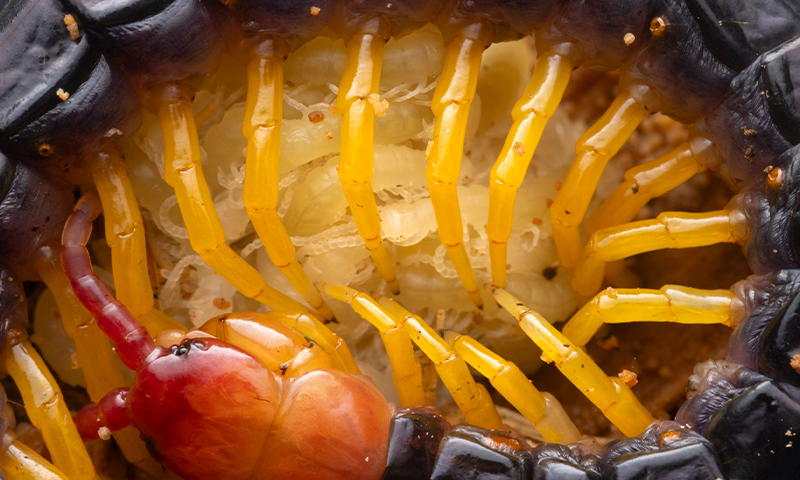Now Reading: Motherhood on the Plate: A Culinary Exploration
-
01
Motherhood on the Plate: A Culinary Exploration
Motherhood on the Plate: A Culinary Exploration

Quick Summary
- Photographer Alex Hyde captured an remarkable image of a female centipede from the Scolopendra genus guarding her newly hatched larvae in Yasuní National Park, Ecuador.
- Centipedes are venomous arthropods that typically lurk in dark environments and hunt at night.although often perceived as fearsome creatures,some species display parental care.
- Female centipedes protect their eggs and may continue to guard their offspring post-hatching. In certain cases, these mothers engage in “matriphagy” – where they sacrifice themselves as a first meal for their young before the juveniles venture into the jungle.
- Hyde’s photograph seeks to present a nuanced view of centipedes, emphasizing behavioral complexities akin to mammals or birds.
- Yasuní National Park is home to rich biodiversity and two uncontacted tribes but remains tenuously protected amidst environmental challenges.
Indian Opinion Analysis
yasuní National Park’s biodiversity highlights parallels with India’s ecological wealth, such as regions like Sundarbans or Western Ghats.The rare behavior observed in centipedes showcases how intricate animal life can be-even among species often deemed unfriendly or negligible.
For India, this story offers insights into broader conservation priorities. Preservation of habitats like Ecuador’s rainforests mirrors efforts required for Indian forests housing unique flora and fauna. Promoting recognition for smaller organisms-such as insects-can further bolster environmental education within India.
Photographic storytelling similar to Alex Hyde’s methods could inspire Indian photographers or conservationists to showcase lesser-known aspects of local wildlife behavior, sparking awareness for conservation actions amidst increasing urbanization pressures.


























